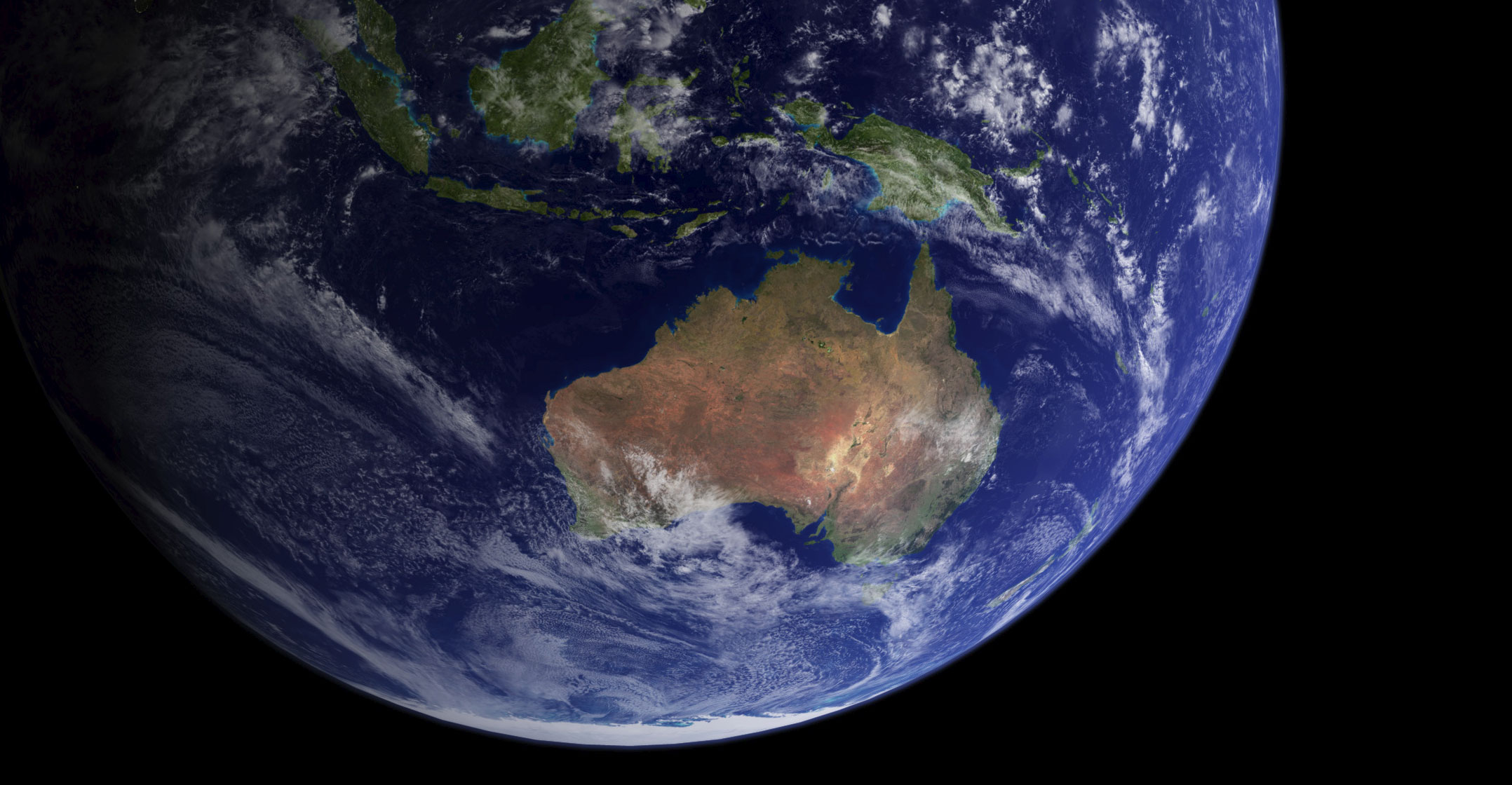 Australia has banned China’s Huawei and ZTE from supplying next-generation wireless equipment to the nation’s telecommunications operators, the latest blow in an escalating global battle over network security.
Australia has banned China’s Huawei and ZTE from supplying next-generation wireless equipment to the nation’s telecommunications operators, the latest blow in an escalating global battle over network security.
The government on Thursday gave carriers new security guidance for fifth-generation mobile technology and warned that using government-linked suppliers would risk breaching their obligations. The nature of 5G technology means security protocols governing earlier networks won’t sufficiently protect against national security threats, according to a statement from treasurer Scott Morrison and communications minister Mitch Fifield.
The statement didn’t identify ZTE or Huawei, which Australia’s security agencies have recommended be barred from supplying 5G technology. Huawei’s Australia operation later put out a statement making clear it wouldn’t be able to compete as carriers prepare to spend billions on the new technology.
“We have been informed by the Govt that Huawei & ZTE have been banned from providing 5G technology to Australia,” the company said on Twitter. “This is a extremely disappointing result for consumers. Huawei is a world leader in 5G. Has safely & securely delivered wireless technology in Aust for close to 15 yrs.”
The Chinese equipment makers have also come under fire in the US, where regulators have proposed banning telecoms companies from using federal subsidies to buy from companies like Huawei and ZTE that pose a national security risk. Huawei and ZTE have disputed they represent any such risk.
China’s government immediately took issue with Australia’s move.
“We are gravely concerned by the statement issued by the Australian government,” said foreign ministry spokesman Lu Kang in a regular briefing. “Instead of exploiting all kinds of excuses to create hurdles and taking discriminatory measures, we urge the Australian side to abandon political biases and create a sound environment for fair competition for Chinese enterprises in Australia.”
Huawei, China’s largest maker of telecoms equipment, already supplies Australian wireless carriers, including Vodafone Group. It has been in talks with the government in an attempt to accommodate the domestic security requirements in order to win a share of Australia’s 5G equipment market.
Fallen short
But that effort appears to have fallen short. The ministers warned in their statement: “Involvement of vendors who are likely to be subject to extrajudicial directions from a foreign government that conflict with Australian law, may risk failure by the carrier to adequately protect a 5G network from unauthorised access or interference.”
ZTE landed in the middle of the US-China trade dispute earlier this year, with Presidents Donald Trump and Xi Jinping debating its fate. The US commerce department banned the Chinese company from buying essential American components for seven years because of alleged sanction violations. But Trump came to the company’s rescue and overturned the ban as part of the broader trade discussion.
Huawei, founded in 1988 by former Chinese army officer Ren Zhengfei, and ZTE, have come under increased scrutiny in the US over fears their equipment could be used for spying. Nevertheless, Huawei has said it has rolled out technology in the UK, Canada, Germany and Spain without compromising national security. — Reported by Andrew Hobbs, with assistance from Gao Yuan, David Ramli and Peter Martin, (c) 2018 Bloomberg LP




